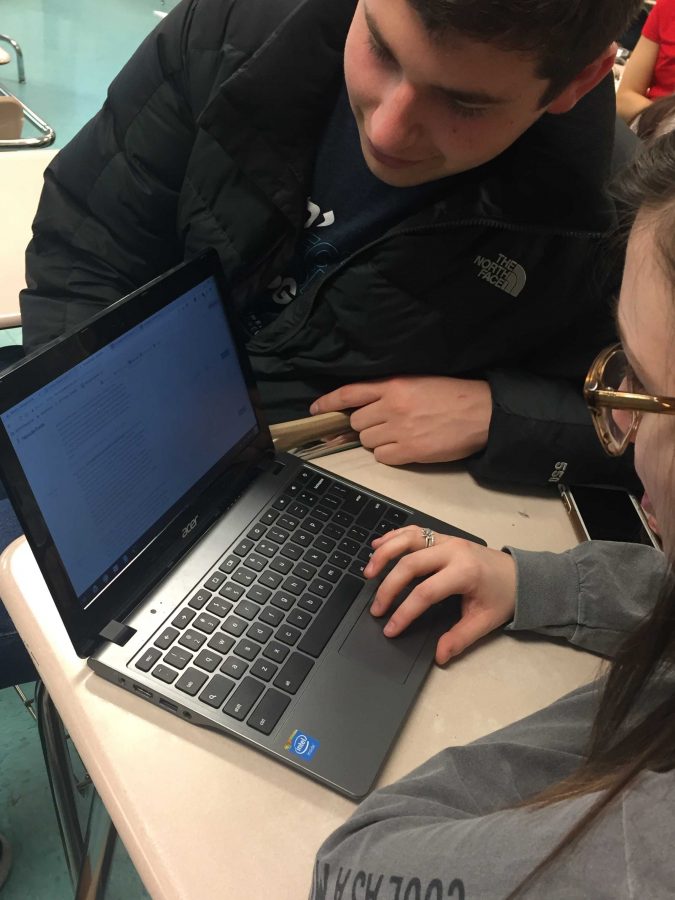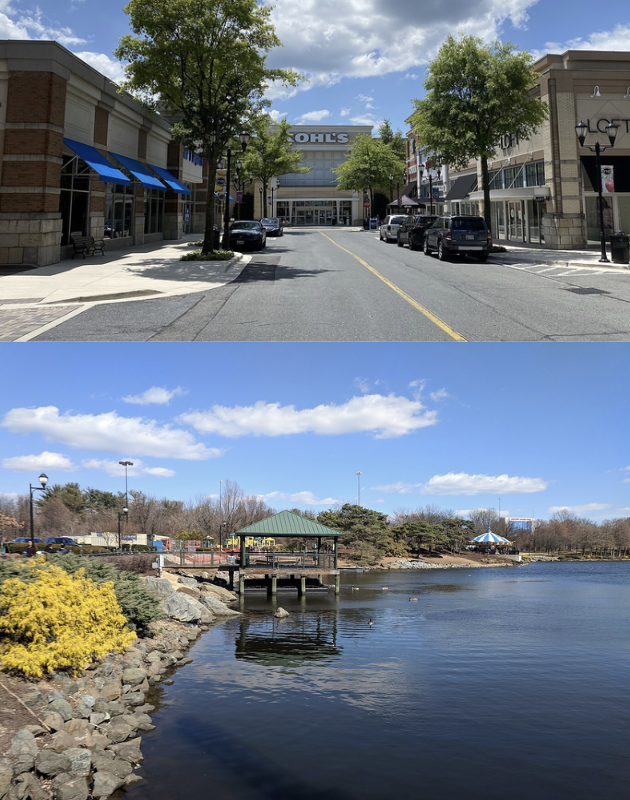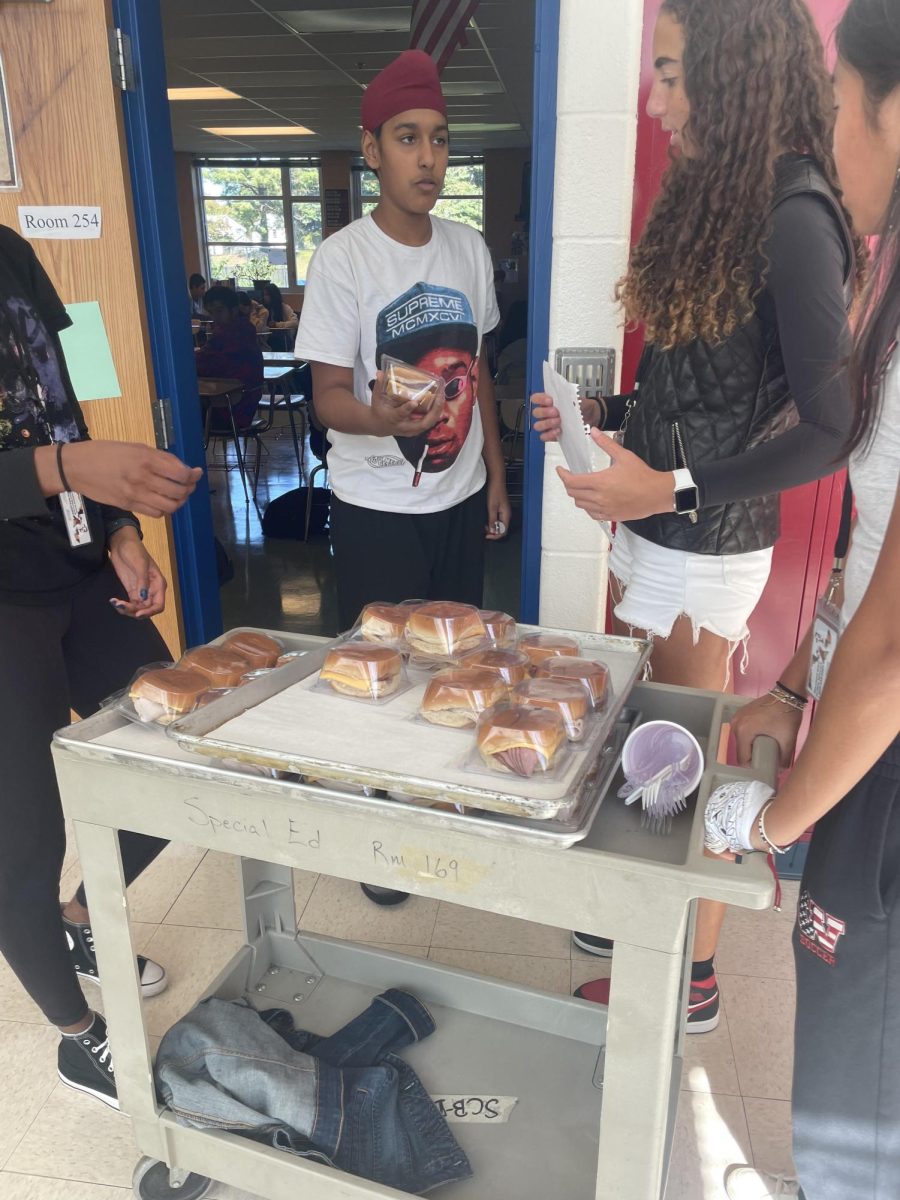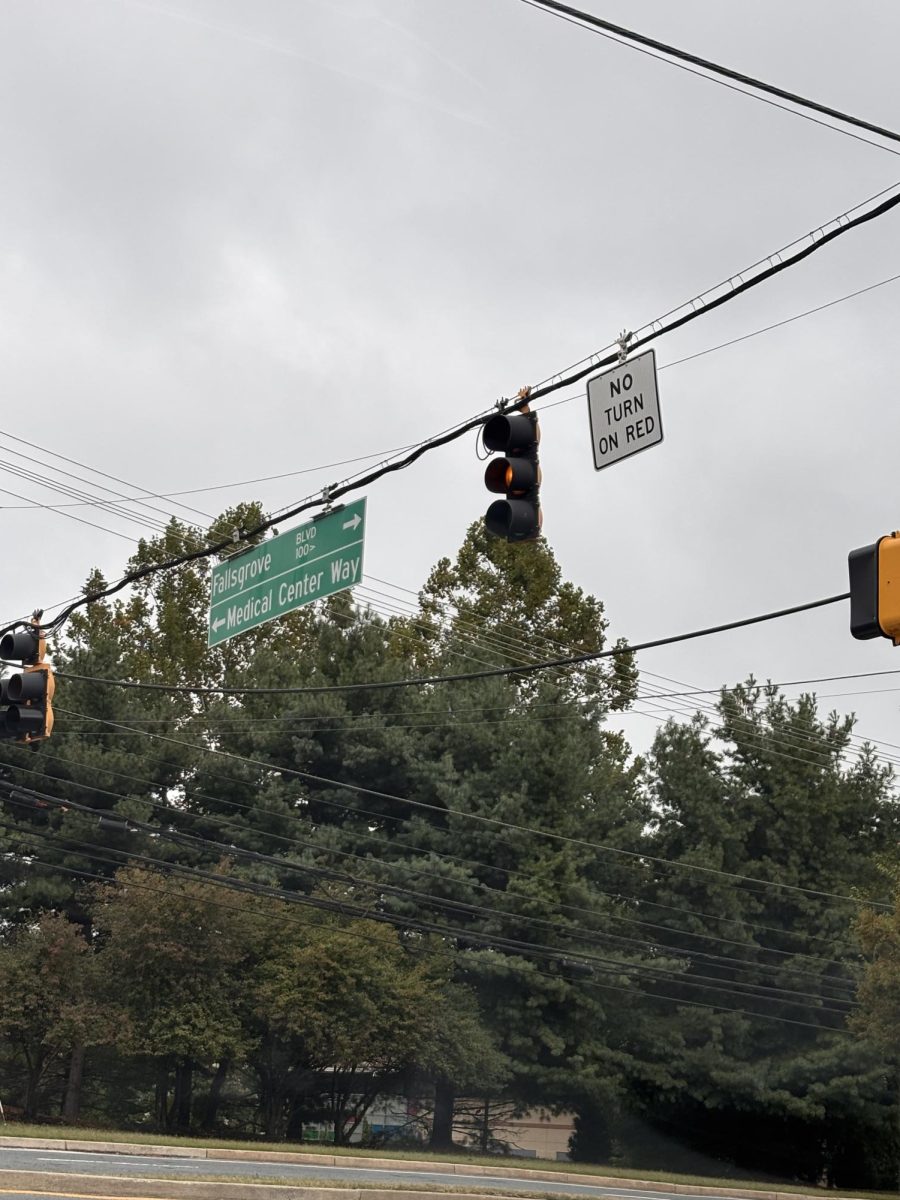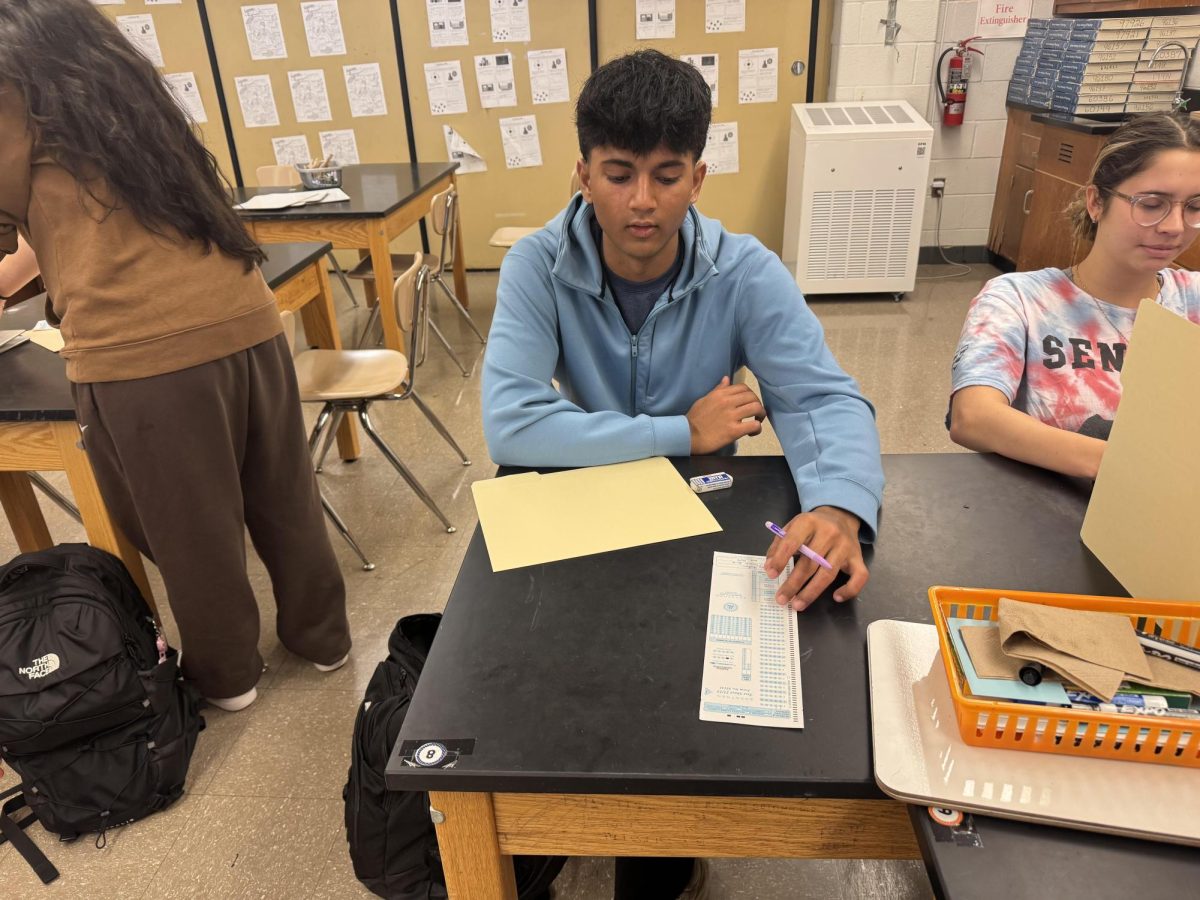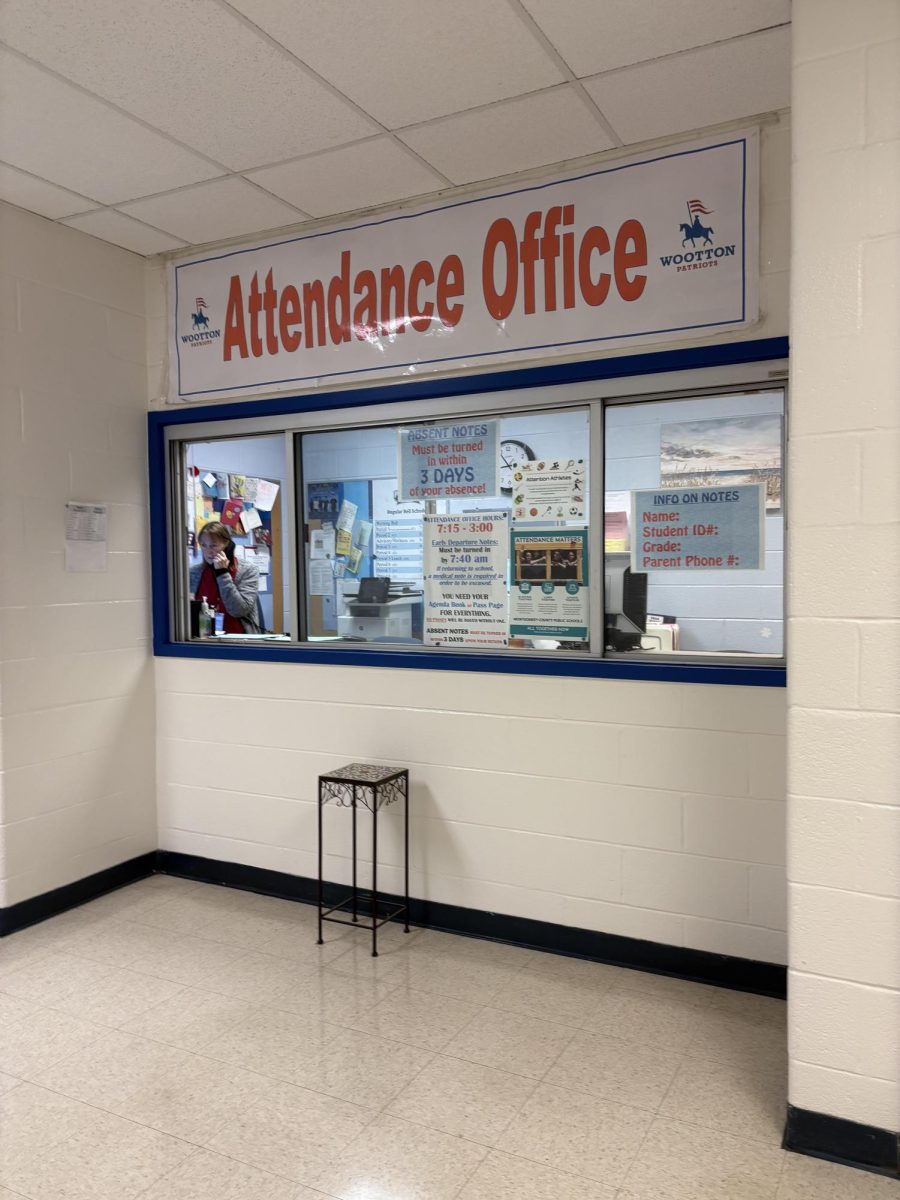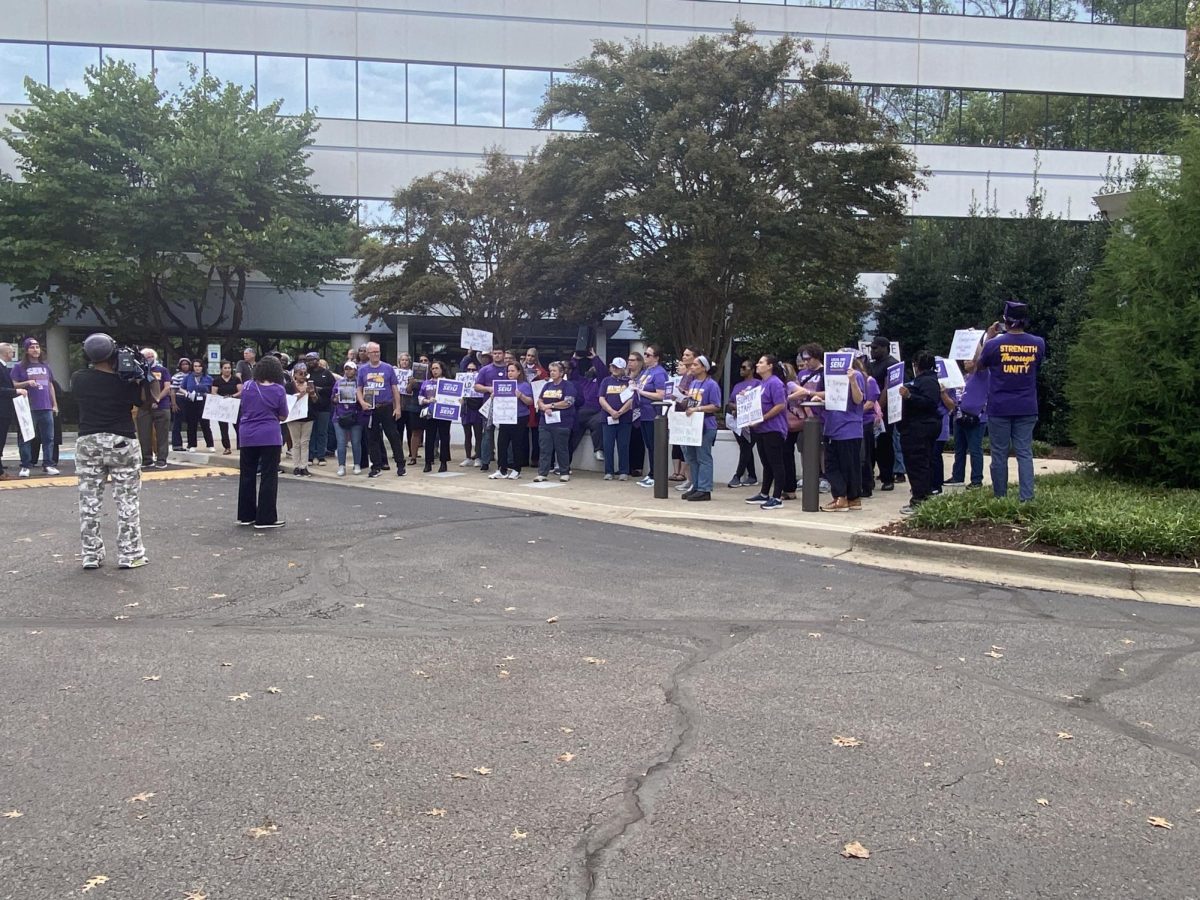National History Day was established in the 1970s due to fear of the social studies budgets being cut, a sentiment that still exists today. Like a science fair, National History Day gives students the opportunity to present their projects to judges. Projects can be in the form of an essay, documentary, website, performance or exhibit as long as they follow the criteria. Part of the criteria includes following the topic of “conflict and compromise,” as well as being creative and thoroughly explaining the context of their project and the process of research.
This year, National History Day is being held on Mar. 17, at Richard Montgomery. Judging for the projects will begin at 9:15 a.m and the awards ceremony at 3:15 p.m but is open for the public from 1 to 3 p.m.. Each member of the society is required to participate and attend the presentation.
There are five to six groups of up to five people in each, all having different project topics. Though this is not the first year the Social Studies Honors Society is participating in this event, “I am happy to be participating in History Day because it gives people the opportunity to research and learn more about the things they are interested in,” senior Margot Bartol said.
The first round of the National History Day judges on the county level. After advancing past the county, the contestants proceed to the state level, which is usually held at Towson of University of Maryland Baltimore County. After the state level is the National competition held at University of Maryland College Park where the prizes are cash awards and recognition with a certificate.
One group with seniors Margot Bartol, Mitch Schuster, Bianca Shah, Hannah Vinner and Gaby Vinick is researching the topic of the Jewish refugee community in Shanghai during WWII. Another group with seniors Lauren Woodward, Katie Schreck, Sara Hodes, Jonathan Rosenstein and Ryan Ullman is doing their project on the Six Day War. Projects range from any historical events like the Cuban Missile Crisis to others as long as they follow the topic of “conflict and compromise.”
The judges base the winners off of not only their creativity with the project but also why they chose their topic, what was most interesting to them, how changes to the contestants’ topic has changed over time due to the research process and historical thinking skills. The judges also ask other questions specified for the project they are viewing at the time.
The sponsor of the Social Studies Honors Society is social studies teacher Christina Rice, who has been a part of the society and involved in National History Day on and off since 2008. “One year the U.S History teachers did a project for National History Day and we had a student who made it to states,” Rice said. “I anticipate we will have more students involved in the next few years as well that are completely capable of making it to National level.”
Ava Castelli
Staff Writer


